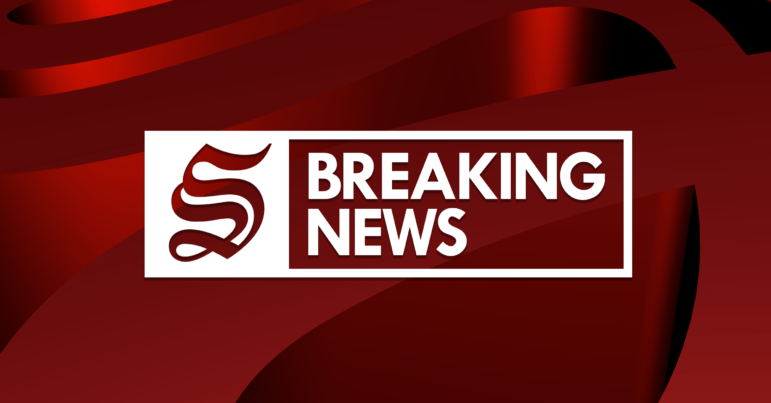Following the student-led referendum held in April, President Pollack formally disapproved of its demands in a public statement sent on Thursday.
The referendum asked students to respond to two questions: whether the University should call for an immediate ceasefire in Gaza and divest from weapons manufacturers “supporting the ongoing war in Gaza.” A majority of student voters chose “yes” to answer both questions by a 2:1 ratio, where 46.77 percent of Cornell undergraduate students participated.
Although the Cornell President is required to provide a written response to the referendum within 30 days, Pollack sent out her formal statement in 38.
Pollack started her statement by reflecting on the “distressing” situation in the Middle East, stating that the terrorist attacks of October 7 and the war in Gaza can be felt by “people around the world, regardless of their perspectives and convictions.” Pollack also expressed her support for the right of students to hold a referendum in the first place.
In responding to the first question of the referendum, Pollack stated that it is not the place of a university to call for a ceasefire and take a stance on contentious geopolitical issues.
“It is not the proper role of the university to make a statement about this complex political issue, especially when there is a diversity of opinion among members of the campus community, as demonstrated by the fact that the vote on the referendum was far from unanimous,” Pollack said.
Leaderboard 2
Pollack said that the University making such a statement could also alienate the viewpoints of other students who disagree with the outcome of the referendum and chill their voices.
Pollack acknowledged that the University has taken a stance on political issues like the Supreme Court decision in Students for Fair Admissions v. President and Fellows of Harvard College last summer, which held that affirmative action is unconstitutional.
However, Pollack asserted that those past opinions are different than making a statement on a “complex political issue,” adding that Cornell “is not the State Department—we do not espouse a foreign policy.”
Newsletter Signup
Pollack stated her response to the second question in the referendum by explaining the formal process that must be followed to consider a divestment proposal among the Board of Trustees. If one constituent governance group passes a divestment resolution, the president can forward it to the Board for consideration, and if all five bodies pass a resolution, it will automatically be considered.
Pollack formally declined to recommend the divestment proposal to the Board of Trustees in her statement, citing the purposes of the University endowment and how such divestments could violate New York law.
Pollack said that the call for divestment might be at odds with New York’s Executive Order 157, which holds that public funds will be divested from state entities that support the “Boycotts, Divestment, and Sanctions campaign against Israel.”
Pollack emphasized the role of the University endowment is not to “exercise political or social power” but to support the University and the Cornell community.
“Cornell’s endowment consists of gifts to the university that are invested to generate money that supports the university’s work in perpetuity, funding mission-directed priorities including financial aid and other student support, faculty salaries and stipends, facilities maintenance and upgrades, academic programs, and research activities,” Pollack said.
Pollack also questioned the fact that the referendum “singles out” companies for providing arms to Israel while not calling for any sanctions or divestment from other countries that are also involved “in similar conflicts.”
Pollack ended her statement by hoping that the University can live up to the idea of being a place that fosters open debate and learning.
“Universities are intended to be places of reflection and learning, of thoughtful debate, and of rigorous analysis,” Pollack said. “My sincere hope is that we can live up to this ideal: looking for ways to work together to do what the university is designed for, which is to debate ideas respectfully, to truly listen and learn from one another, and to seek thoughtful solutions to the problems that have so long plagued our world…”
(function(d, s, id) {
var js, fjs = d.getElementsByTagName(s)[0];
if (d.getElementById(id)) return;
js = d.createElement(s); js.id = id;
js.src = “//connect.facebook.net/en_US/all.js#xfbml=1”;
fjs.parentNode.insertBefore(js, fjs);
}(document, ‘script’, ‘facebook-jssdk’));
Source link
